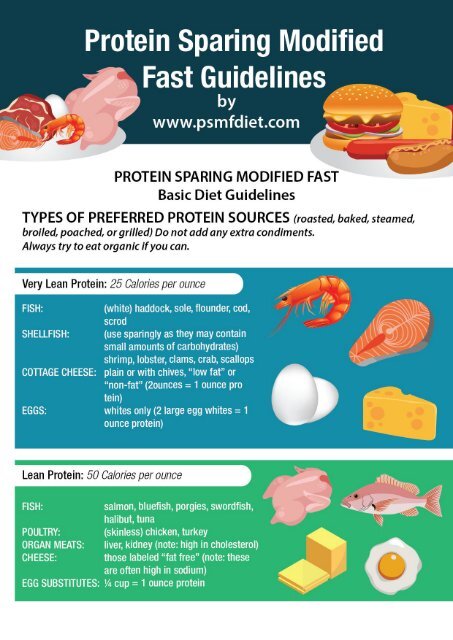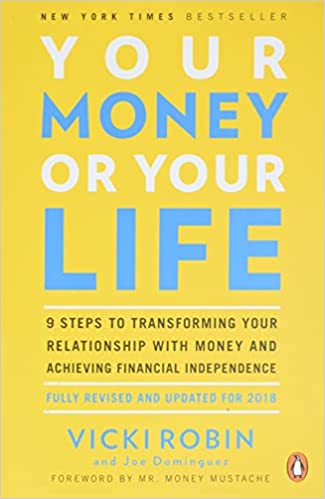Solitude refers to the state of being alone, often by choice, without the presence of others. It is different from loneliness, which is typically associated with negative feelings of isolation or abandonment. Solitude can be a positive, peaceful and enriching experience, offering time for introspection, relaxation, creativity, and personal growth.

Why do we need Solitude?
People seek solitude for various reasons, such as:
- Self-reflection: To think deeply about one’s life, decisions, or emotions.
- Recharging: For introverts or those needing a break from social interaction, solitude can be restorative.
- Creativity: Artists, writers, and thinkers often find inspiration and focus in solitude.
- Mindfulness: Being alone can help individuals practise meditation or mindfulness without distractions.


 Marty Kendall will chat with David and Stephen (along with Dr Ted Naiman) to explore this topic further. This article details some of Marty’s thoughts as he has been diving into the implications and application of this ground-breaking research, particularly around how and why protein might influence your lifespan.
Marty Kendall will chat with David and Stephen (along with Dr Ted Naiman) to explore this topic further. This article details some of Marty’s thoughts as he has been diving into the implications and application of this ground-breaking research, particularly around how and why protein might influence your lifespan.




